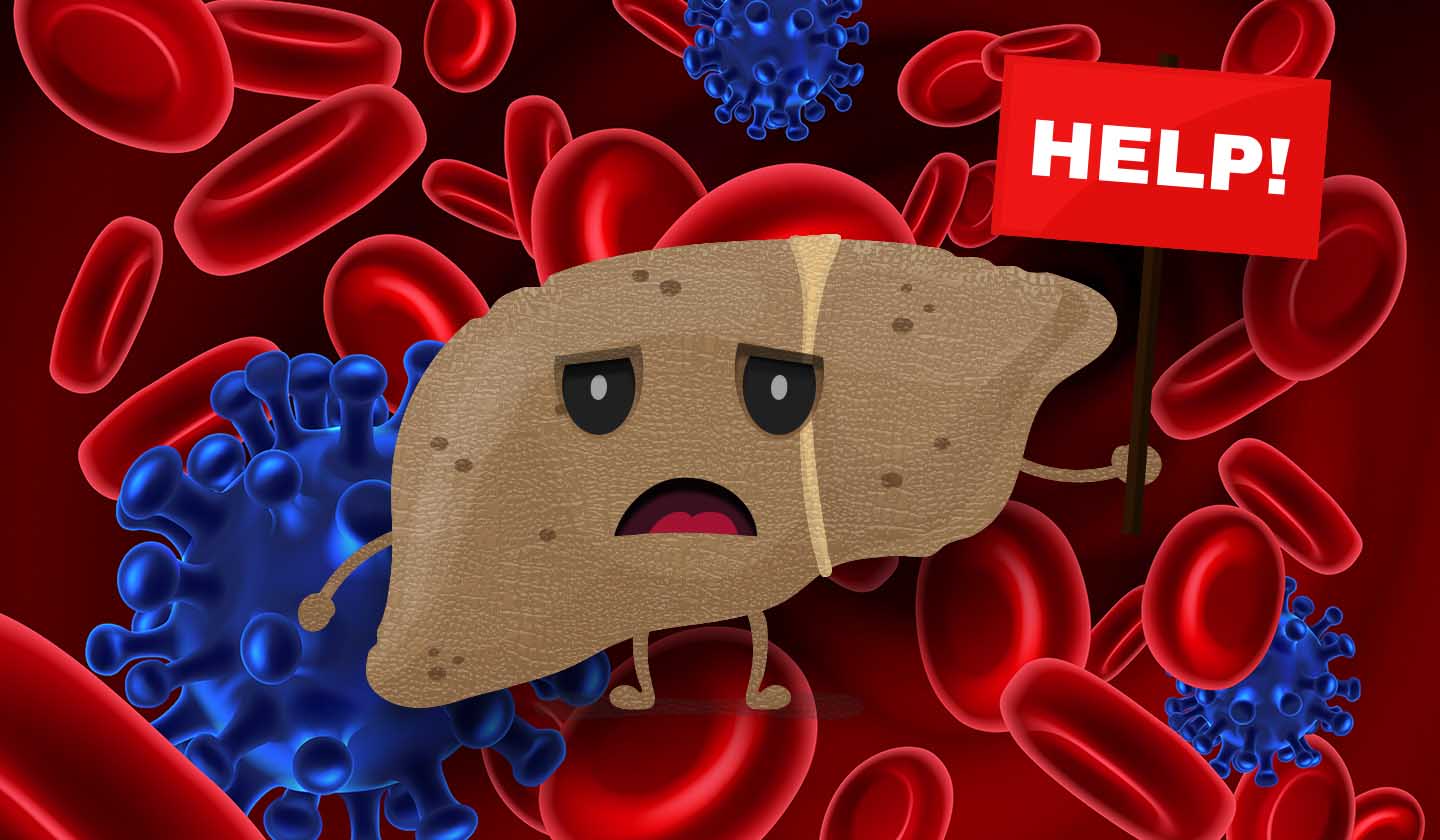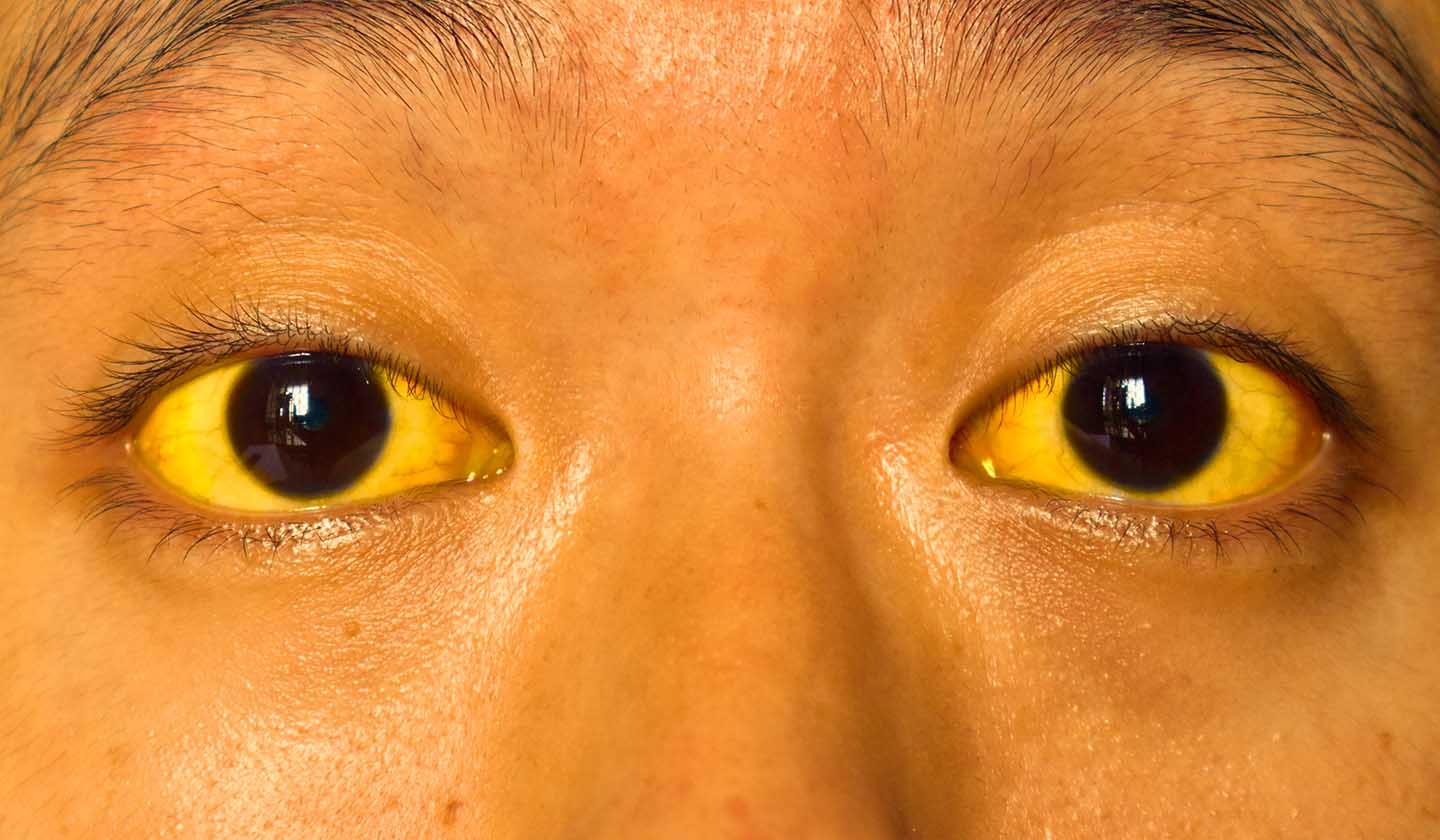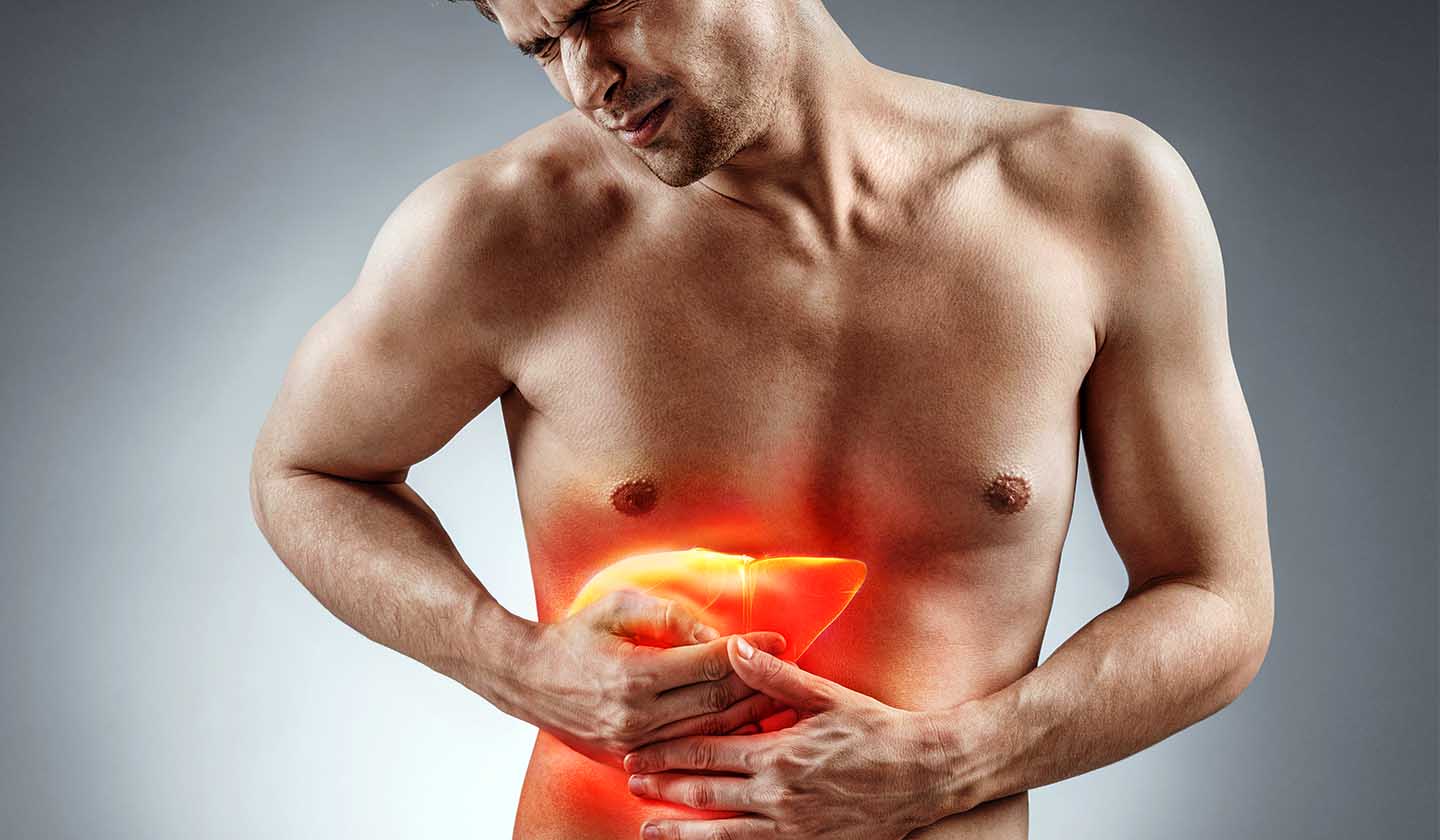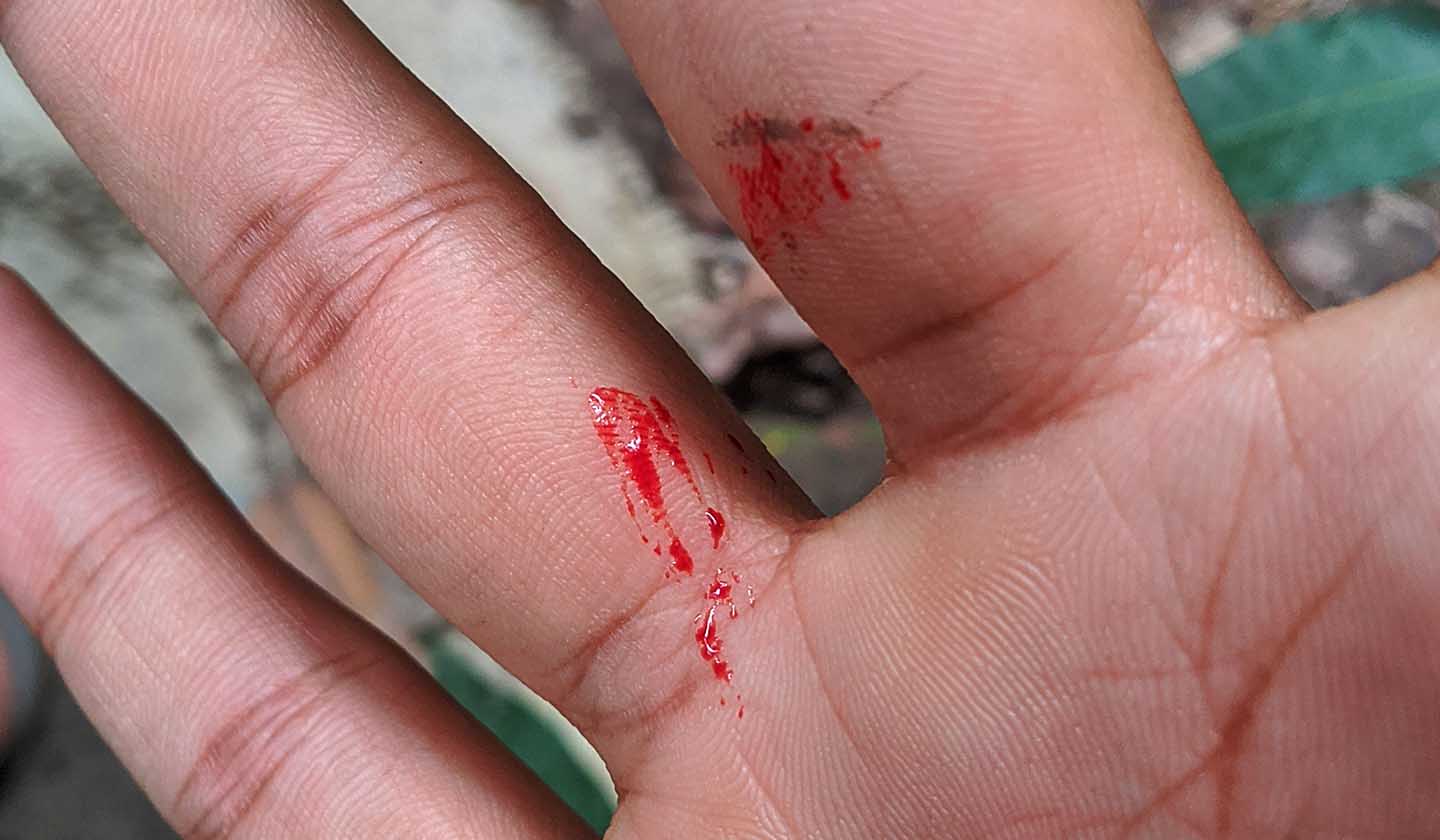Contagious diseases
Hepatitis C - It all starts with prevention

Hepatitis C is an infectious and inflammatory liver disease caused by the HCV virus; the virus can cause both acute and chronic hepatitis, the latter being the most common.

Symptoms
New HCV infections are usually asymptomatic; therefore, a chronic carrier of the virus may feel healthy and develop cirrhosis, liver failure or liver cancer.
Some infected people in an acute stage may experience the following symptoms:
-
fatigue
-
temporary or complete loss of sensibility and movement
-
nausea and vomiting
-
fever
-
general malaise
-
unable to concentrate
-
diarrhoea
-
loss of appetite
-
alcohol intolerance
-
pain in the area of the liver
-
jaundice
-
dark urine

Transmission
Hepatitis C is usually spread through blood-to-blood contact:
-
blood transfusion, accidents with contaminated material, in the case of healthcare workers, or through injectable drugs when sharing syringes
-
mother-to-child transmission is rare, approximately of 6%, and it usually occurs during birth.
-
transmission through sexual contact is possible, but less frequent
Treatment
In an acute stage, the treatment essentially involves the recovery of the liver, requiring some changes in lifestyle, such as:
-
stop drinking alcohol
-
avoid taking drugs that damage the liver
-
have some rest
The use of medicines is analysed according to each individual, being crucial in the most serious cases and in cases of chronic illness. These prevent the virus from spreading and reduce liver damage.

Prevention
Hepatitis C prevention begins by avoiding contact with infected blood. There is no vaccine. Therefore:
-
do not share a toothbrush, razor, scissors, or other personal use objects;
-
do not share syringes and other devices used in the preparation and consumption of injectable and inhalable drugs;
-
check that the equipment is properly sterilized before getting a piercing or a tattoo, and before an acupuncture treatment:
-
always disinfect wounds;
-
use a condom during sexual intercourse, especially if you have multiple partners
Sources
iSaúde
Farmácia Distribuição Magazine
Também lhe poderá interessar
Cardiovascular system
Anti-coagulants, what precautions?
Cardiovascular system






